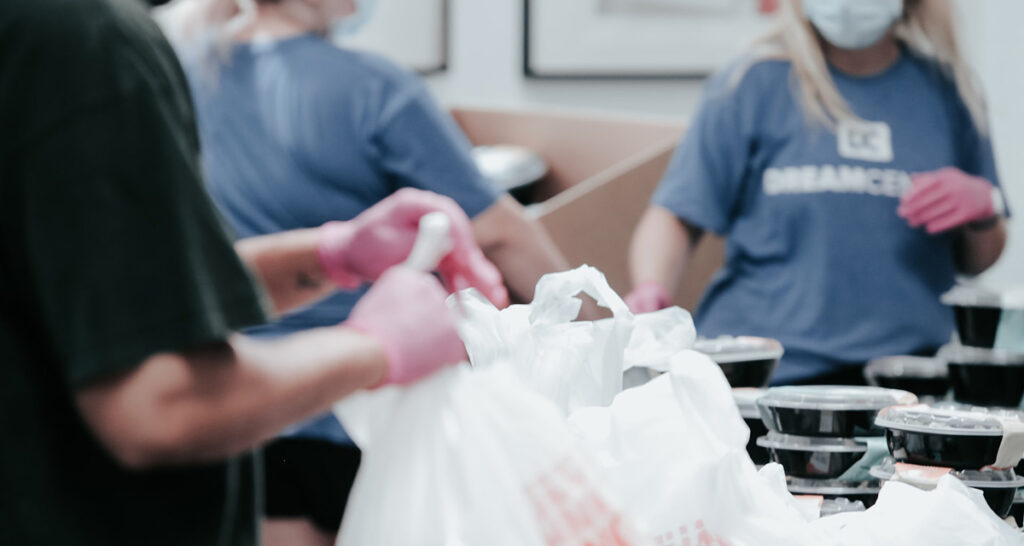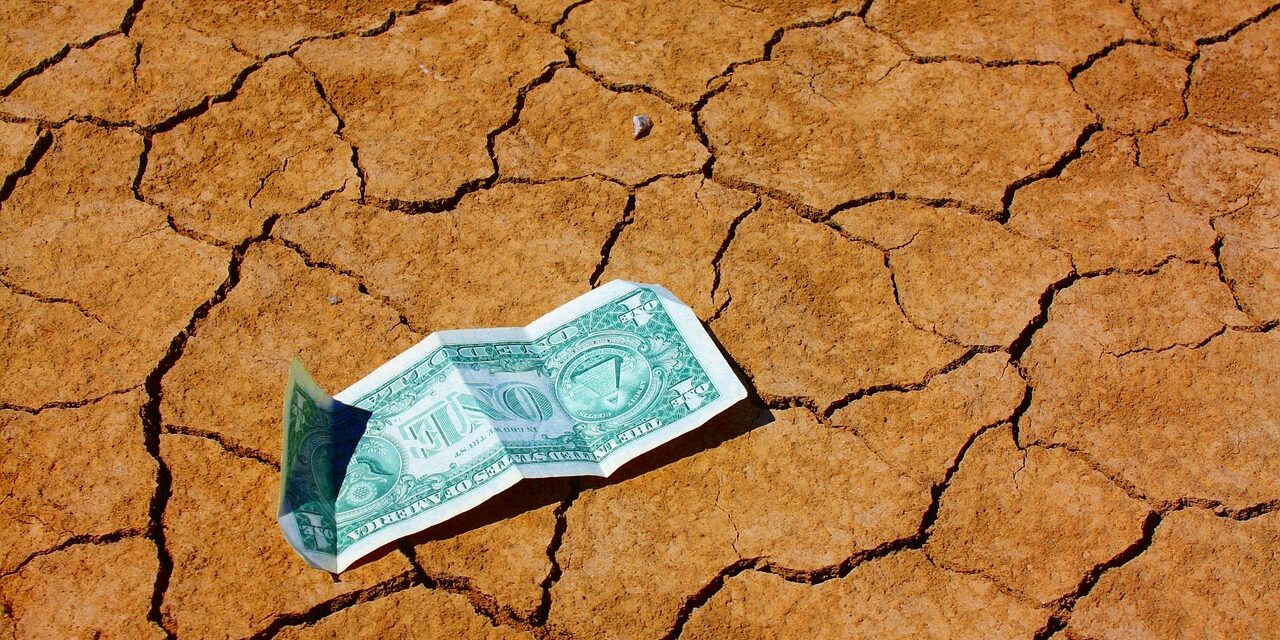A possible recession could hit in 2023.
While the focus is often selfishly pointed inwards, times of difficulty warrant an outward focus on others and the community to make it through together successfully.
Whether a recession comes or not, now is the time to prepare for the possibility.
As with all assistance, it’s essential first to care for your own needs and then move to help others. If you have your affairs in order before giving back, you’ll have a firmer foundation if other issues or financial difficulties arise.
Table of Contents
What are 25 ways to help people during a recession?
From donating blood to offering your skills freely to a neighbor, there are many ways you can help people during a recession.
- Donate money to charities that help those in need.
- Volunteer your time at a local organization that helps those affected by the recession.
- Shop at local businesses to support the economy and help keep people employed.
- Babysit or provide transportation for someone who is struggling financially.
- Share job leads and networking opportunities with those who are looking for work.
- Donate clothing, food, and other necessities to organizations that aid those in need.
- Offer to help someone with their resume or job search.
- Help a neighbor with household chores or errands.
- Support a close friend or cherished family member who is struggling by listening and offering emotional support.
- If you have a skill or talent, consider offering it as a service to those struggling.
- Educate yourself on the causes and effects of the recession and share this information with others.
- Advocate for policies and programs that support those affected by the recession.
- Give financial assistance or loans to friends or family members in need.
- Help seniors and other vulnerable individuals access services and support.
- Support local farmers and food producers by purchasing their products.
- Consider starting a community garden to provide fresh produce to those in need.
- Educate others on how to save money and stretch their budgets during the recession.
- Provide transportation to medical appointments or other essential services for those unable to drive.
- Organize a community fundraiser or donation drive for those in need.
- If you are a business owner, consider hiring workers affected by the recession.
- Share your experiences and advice with others struggling during the recession.
- Teach a skill or trade to someone looking to improve their employment prospects.
- Connect individuals and families with resources and support services in their community.
- Advocate for policies that support economic growth and stability.
- Donate blood or volunteer at a blood bank to help those in need.
Aim to help others during the recession, but don’t stress yourself too much. You’re no good to others if you create more anxiety for yourself or those around you.
Help others but remain balanced in caring for your own needs too.
What do people need most in a recession?

People may need various things during a recession, depending on their circumstances and the severity of the economic downturn.
Some everyday needs that may arise during a recession include:
- Financial assistance: Many people may experience a loss of income or employment during a recession, making it difficult to pay bills and meet basic needs. In these cases, individuals may need access to financial assistance, such as unemployment benefits, loans, or grants, to help them make ends meet.
- Job security: Some people may be worried about losing their job or experiencing a reduction in hours or pay during a recession. In these cases, it’s helpful to focus on maintaining job security by improving skills, networking, and staying up-to-date on industry trends.
- Mental health support: Economic downturns can be stressful and affect people’s mental health. It can be helpful for individuals to have access to resources and support to help them cope with the stress and anxiety that may arise during a recession.
- Essential goods and services: During a recession, people may have to cut back on non-essential spending, making it harder to afford things like groceries, healthcare, and other necessities. It can be helpful to have access to affordable options for these essential goods and services.
- A sense of community and connection: A recession can be challenging and isolating, as people may be forced to cut back on social activities and outings. It can be helpful to have a sense of community and connection with others, whether through online groups, in-person support groups, or other forms of social support.
You’ll find ways to pool together your resources, time, and talents at work, church, or other settings where you meet with others. You’ll often find mental health, connection, and financial opportunities from the people around you.
What are the health benefits of giving back to others?

Giving back to others and helping those in need can have many health benefits.
If you’re looking for a bigger purpose in life and want improved social connections, giving back might be the right track to pursue.
Some potential health benefits of giving back to others include:
- Improved mental health: Helping others can increase happiness, lower stress and anxiety, and improve overall well-being.
- Increased physical activity: Volunteering and other forms of giving back often involve physical activity, which can have several physical health benefits, including improving cardiovascular health, strengthening muscles, and increasing flexibility.
- Improved social connections: Giving back can help people feel more connected to their community and others, which can positively affect mental health and overall well-being.
- Greater purpose and meaning in life: Helping others can give people a stronger sense of purpose and meaning, which can be especially important during difficult times.
- Improved self-esteem: Giving back can help people feel more confident and capable, boosting self-esteem.
Overall, giving back to others can be a rewarding and fulfilling experience that can positively affect physical and mental health.
What are free things to do with kids during a recession?
While dollars might be more limited during a recession, this doesn’t mean you have to stop having fun as a family, and all outings need to stop.
There are many free things that families can do with kids during a recession, such as:
- Spend time outdoors: Going for walks, hikes, or bike rides can be a great way to spend time together as a family and enjoy the outdoors without spending any money.
- Visit a park or playground: Many parks and playgrounds are free to visit, and they can provide hours of entertainment for kids of all ages.
- Have a picnic: Pack a simple lunch and enjoy it outside in a park or other scenic location.
- Play games or do activities at home: There are many games and activities that families can do together at home, such as board games, puzzles, or craft projects.
- Attend free events: Many communities offer free events such as concerts, festivals, or workshops, which can be a fun and budget-friendly way to entertain kids.
- Visit a library: Libraries often have various free resources and activities for families, such as books, movies, and storytime sessions.
- Explore a local trail or nature reserve: Many local trails and nature reserves are free to visit and can provide a fun and educational experience for kids.
- Have a movie night at home: Rent or stream a movie and enjoy it together as a family in the comfort of your home.
Overall, time with family is most important, no matter where or what you’re experiencing together. Try something new, keep an open mind, and have patience as you navigate a passing recession.





